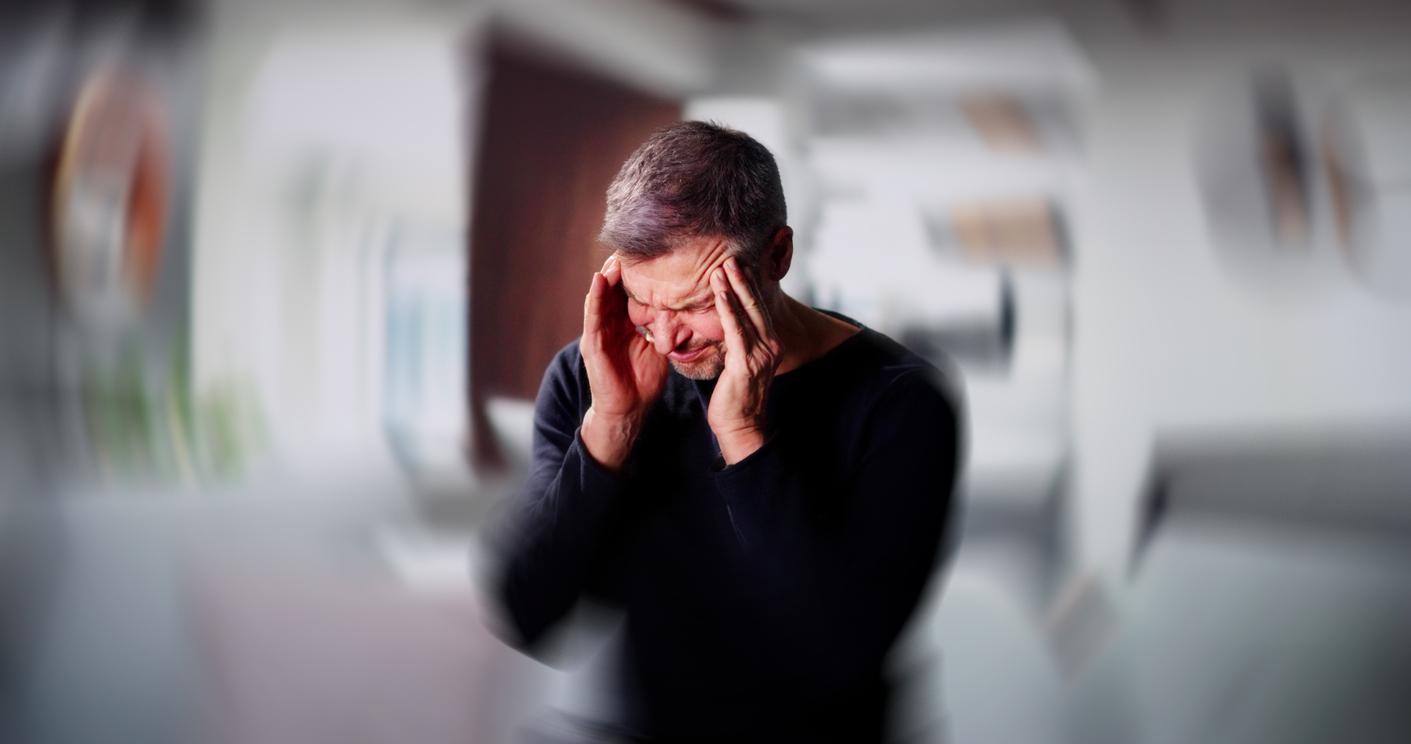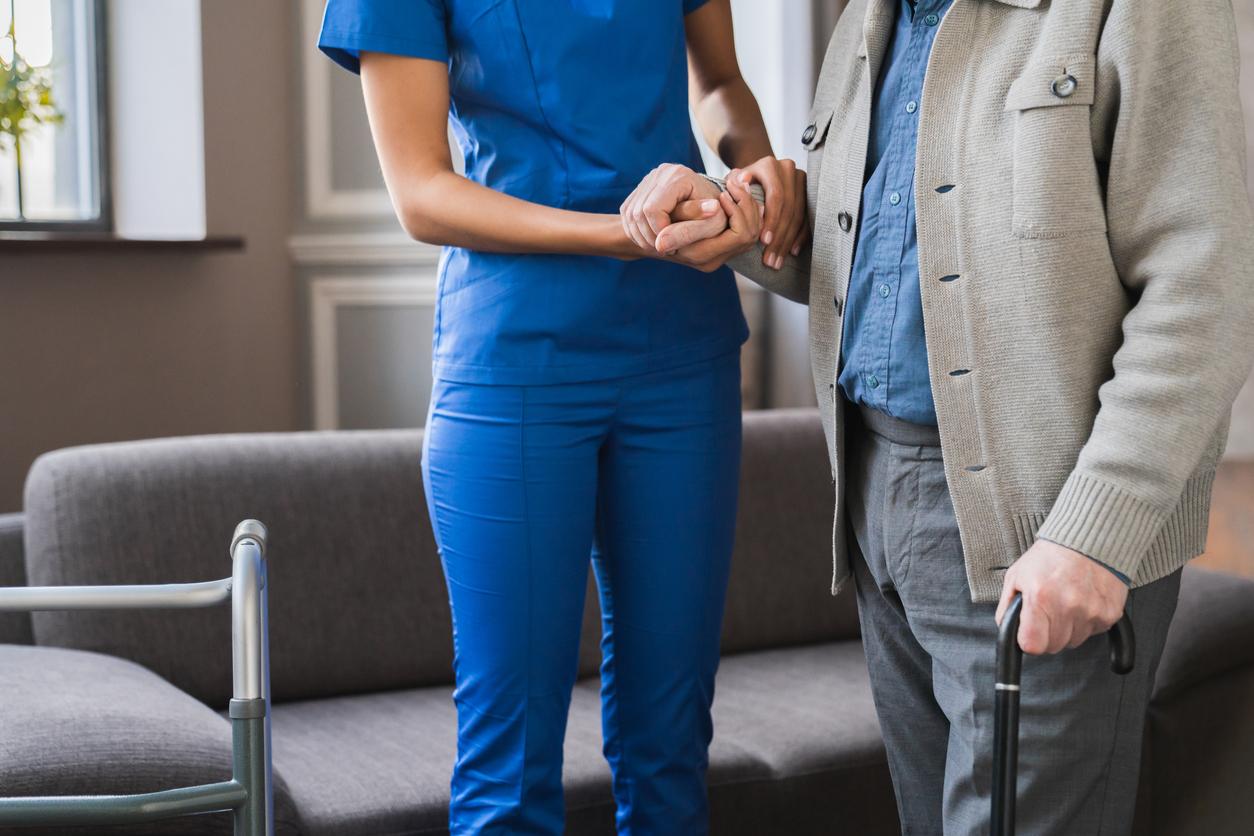It is called “monkey pox”, “simian pox” or even “Monkeypox infection”: to date, this infectious disease (caused by the simian orthopox virus) affects around 1,500 people in France, especially in the regions Ile-de-France. The WHO director-general said on Saturday a public health emergency of international concern involving monkeypox.
Monkey pox: how do I know if I have caught it?
“The first symptoms of monkeypox appear between 5 and 21 days after contact with a sick person“explains Dr. Adrien Dereix, medical director of the International Medical Center (CMI) and medical director of the International Vaccination Center (CVI).
At first, we see the development of a fairly high fever (about 39°C) which generally lasts between 1 and 3 days: this can be accompanied by swelling of the glands, particularly in the neck, armpits , or groin (cervical, axillary, and/or inguinal lymphadenopathy), sore throat, body aches, abnormal fatigue and/or cough.
After a few days, pimples appear preferentially on the face, hands, feet and/or sexual organs: initially red, they gradually turn into vesicles, which means that they are filled with a liquid. at first transparent (like water) then yellowish.
“It is reminiscent of chickenpox pimples; however, the pimples that characterize monkeypox appear in a single outbreak and in specific areas of the body” emphasizes Dr. Adrien Dereix. These pimples persist for 2 to 3 weeks, before turning into scabs and disappearing.
I (maybe) caught monkeypox, what do I do?
“If you have any doubts, if you have symptoms that may suggest a Monkeypox infection, if you have been in contact with a person suffering from the disease, make an appointment with your doctor to prescribe screening” recommends Dr. Adrien Dereix.
This screening (which is carried out in the hospital) consists of taking a small amount of liquid from pimples located on the hands, feet, face or sexual organs. The sample can also be taken from the ENT sphere (throat, mouth) in the event of mucosal lesions.
“Above all, do not let it drag on, because the disease can become more complicated in people at risk (immunocompromised people, under chemotherapy, suffering from an untreated HIV infection, children, pregnant women, etc.): it may in particular be a question of lung or brain damage (encephalitis), or superinfection of pimples by bacteria” remarks the doctor.
While waiting for the results of the analysis (or if you do not yet have any pimples to analyze), isolation is essential in order to prevent the spread of the virus: “3 weeks isolation is advised“.
To know. Monkeypox is a notifiable disease.
Monkey pox: how to treat it?
Unfortunately, to date, there is no treatment for Monkeypox infection. “To calm pain and fever, paracetamol is recommended; it is also recommended to often and carefully clean skin lesions (pimples) with soap and water or with an antiseptic solution to avoid bacterial superinfection“explains Dr. Adrien Dereix.
In some cases, an antihistamine medication may be prescribed to calm the itching.
Monkeypox: I am a contact case, what should I do?
Monkeypox is transmitted via contact”close and quite long“with the liquid that fills the pimples:”patients are therefore generally contagious for 2 to 3 weeks, while the pimples dry up“says Dr. Adrien Dereix.
If this pathology is not a sexually transmitted infection (STI), sexual intercourse promotes contamination since there is contact with the hands, sexual organs and/or face of the sick person. “Monkeypox is currently spreading in gay and transgender circles, but not only” underlines the specialist. Everyone can be concerned.
“If you are in contact with a person affected by the Monkeypox infection, you can get vaccinated: unlike Covid-19, monkey pox has a long incubation time which allows the immune system to be prepared in order to reduce the risk of complications or even prevent the development of the disease“explains Dr. Dereix.
Ideally, vaccination should be done within 4 days: “the monkeypox vaccine is highly effective after one week to 10 days“. However, a 3-week isolation is still necessary.
Thank you to Dr. Adrien Dereix, medical director of the International Medical Center (CMI) and medical director of the International Vaccination Center (CVI).
Read also :
- Can you get monkeypox from eating contaminated food?
- Monkey pox: is it transmissible to pets?
- Monkey pox: why we should observe a decline in cases
















